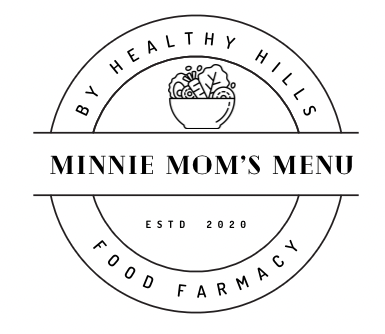If you’ve eaten meat your whole life, switching to a vegetarian diet might be something that could be difficult to switch to. You might also wonder why you should even consider switching. Many people figure that they have been eating this way their whole, life so why switch now?

There are many reasons that you might decide to switch to a vegetarian diet. First of all, check yourself out in the mirror. The majority of Americans are not a healthy weight and this can be the number one reason for them to switch. Also, as yourself a few questions:
- Are you a healthy weight?
- Do you feel good most of the time?
- Do you wake up energized? Or tired and sluggish?
- How is your overall health?
- Is your blood pressure in a healthy range?
- Are your cholesterol and blood sugar levels normal?
If you find that “no” is the answer to most of these questions then you should consider what you are eating on a daily basis. If you find that you feel worse after eating, you may be wondering if food is supposed to make you feel this way.
The answer is no. Your food should nourish and feed your body. It should leave you feeling refreshed and energized. The body is a machine and it needs good fuel. The fact of the matter is that most people are overweight and obese. This is because we eat too much meat and too much fat. Problems such as high blood sugar, Type II diabetes, high cholesterol and other health related problems are caused by our diet. All of these problems can be prevented by changing your diet.
You are What You Eat
Whatever your reasons are for becoming a vegetarian, there are four different types of vegetarians and you can choose the type that you want to be. There are many different types of vegetarians, as some people are not able to give up all animal products completely. The four types are:
- Lacto Vegetarians: This diet consists of no animal products or eggs. They do eat dairy products such as milk, cheese and yogurt.
- Ovo-Vegetarians: This diet consists of no animal or dairy, but they do eat eggs.
- Lacto-Ovo Vegetarians: This diet consists of no animal products, but they do eat dairy and eggs.
- Vegan: This diet consists of plant-based foods, which means that it excludes all animal products including dairy, eggs, meat and even honey.
If you haven’t figured out what type of vegetarian you are going to be, it’s okay. It takes time and experimentation with different recipes to figure out what you can’t live without in your diet.
Vegetarianism & The Health Effects
You will be absolutely amazed at the difference you feel when you have eaten meat for a short period of time. It’s as if your body instantly begins to relieve itself of all of the toxins that you have been consuming and you immediately begin to feel more energetic and have an overall better feeling of health. No matter what you reasons are for eating a more vegetarian diet, the health benefits that are derived will become obvious in a very short amount of time. Vegetarians tend to have lower blood fats, cholesterol, and triglycerides than meat eaters of a similar age and status. Even those vegetarians who consume eggs and milk quickly see that their cholesterol is lower than those people who eat meat.
Heart Disease
High levels of blood fats are associated with an increased risk of heart disease. Researchers have found that men who eat meat six or more times per week double their chances of developing heart disease. Middle-aged men are more likely to suffer from fatal heart attacks. Women are protected by their hormones for the majority of their life, but older women are prone to develop heart disease later in life. Older women who are vegetarian have been shown to have a lower risk of heart disease.
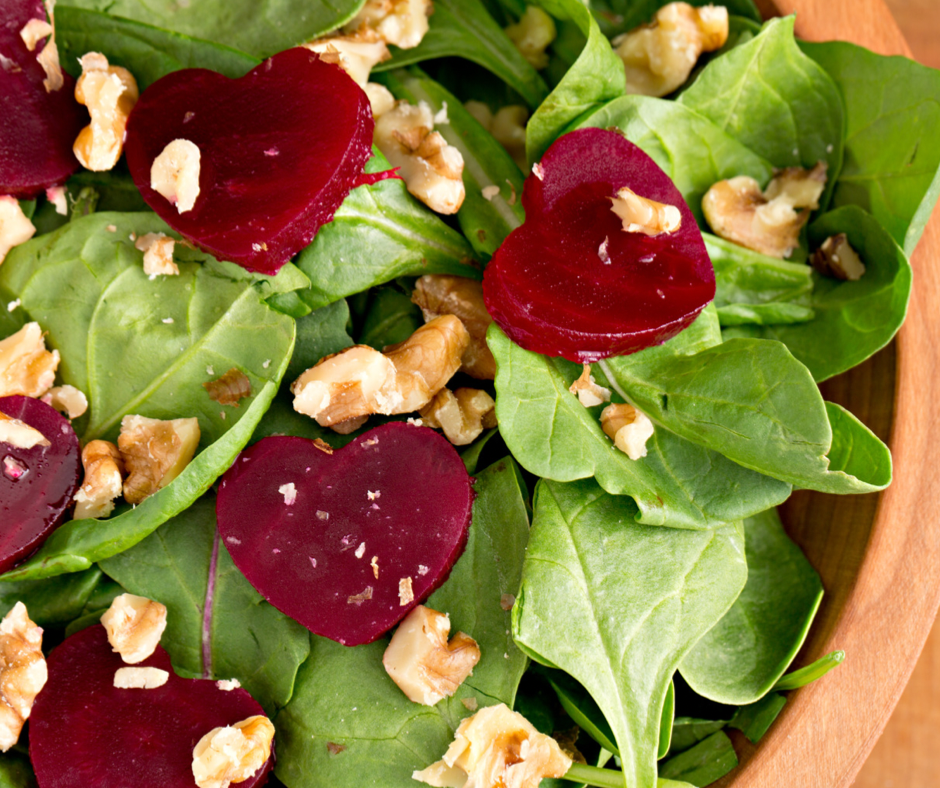
In 1982, British researchers did a study on more than 10,000 vegetarians and meat eaters. They found that the more meat that was consumed, the greater the risk of heart attack. They also found that by eliminating meat from your diet, you are reducing your consumption of fats and cholesterol that are damaging to the heart. At the same time, however you must be careful not to compensate for not eating meat by consuming too much milk and eggs, as this can negate the benefits. To gain all of the benefits of vegetarianism, your intake of cream cheese, ice cream, hard cheese and eggs should be moderate. The introduction of more veggies, fruits and raw foods will enhance your benefits.
Cancer
Vegetarianism has also been show to reduce the incidence of certain types of cancer as well. These diets are low in saturated fat, high in fiber and contain phytochemicals, which protect from cancer. Several large studies in both England and Germany have shown that vegetarians, when compared to meat eaters, have about a 40% less chance of developing cancer as compared to meat-eaters. Seventh-Day Adventists are largely lacto-ovo vegetarians, have been known to have a reduced cancer risk because they tend to avoid meat. In China, it has been found that they have similar reduced breast cancer rates due to the amount of vegetables that they eat. In contrast, Japanese women tend to eat more meat and are eight times more likely to develop breast cancer. Meat and dairy consumption has been linked to various other cancer including:
- Colon cancer
- Prostate cancer
- Ovarian cancer
In studies done by Harvard on several thousand women, it has been found that those who regularly consume meat increase their chances of colon cancer by 300%. These high fat diets that many people consume also cause the body to produce excess estrogen. This increase has been linked to an increase chance for breast cancer. They have also found that breast cancer rates are one third higher in premenopausal women who eat mostly meat diets.
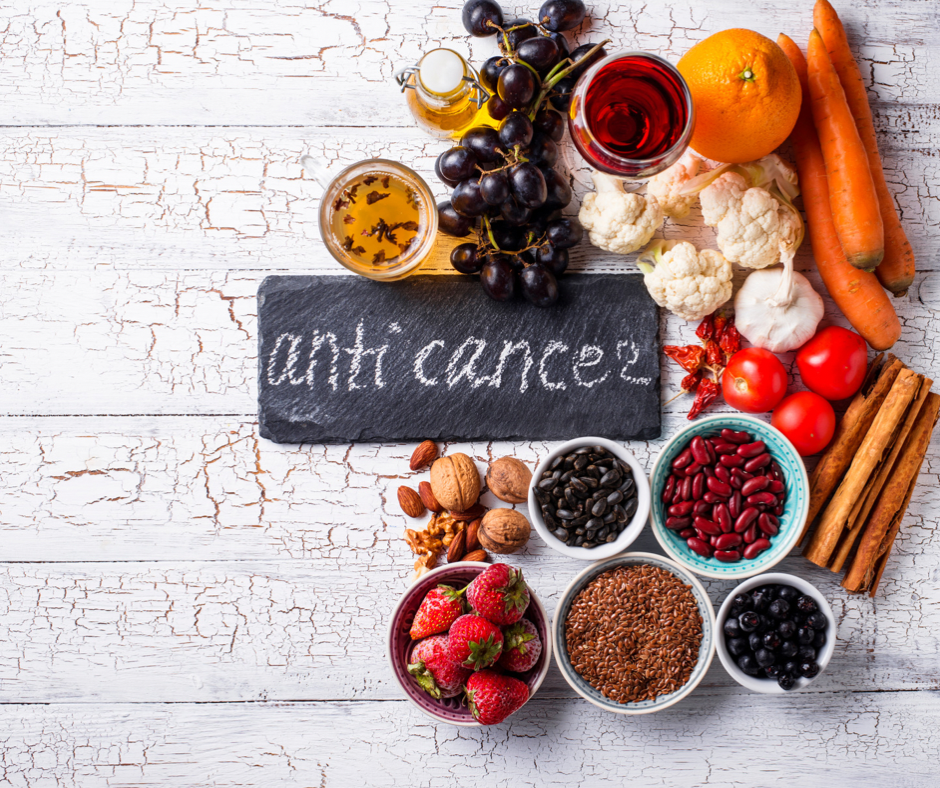
Cambridge University has also linked meat diets with high levels of saturated fat to breast cancer. They have linked dairy products to an increased risk of ovarian cancers as the process of breaking down lactose may damage the ovaries. In men, prostate enlargement has been linked to meat consumption and the risk triples. Other studies have linked an increase in white blood cell production to vegetarianism as well. These cells are required in fending off bacteria, infection and disease. Thus, the immune system is stronger when a vegetarian diet is consumed.
Improved Digestion
Vegetarians see a lot of improvement in their digestive systems because they are able to create a healthy and natural environment for these organs. Our digestive system was originally designed to consume more vegetable matter rather than meat. Fruits, vegetables, legumes, and nuts were the staple of the prehistoric diet and your digestive system greatly benefits when you go back to this natural type of diet. The Western diet has been drastically changed to include highly processed food and refined flour and sugar products. This has led to a variety of health problems from heart disease to obesity.
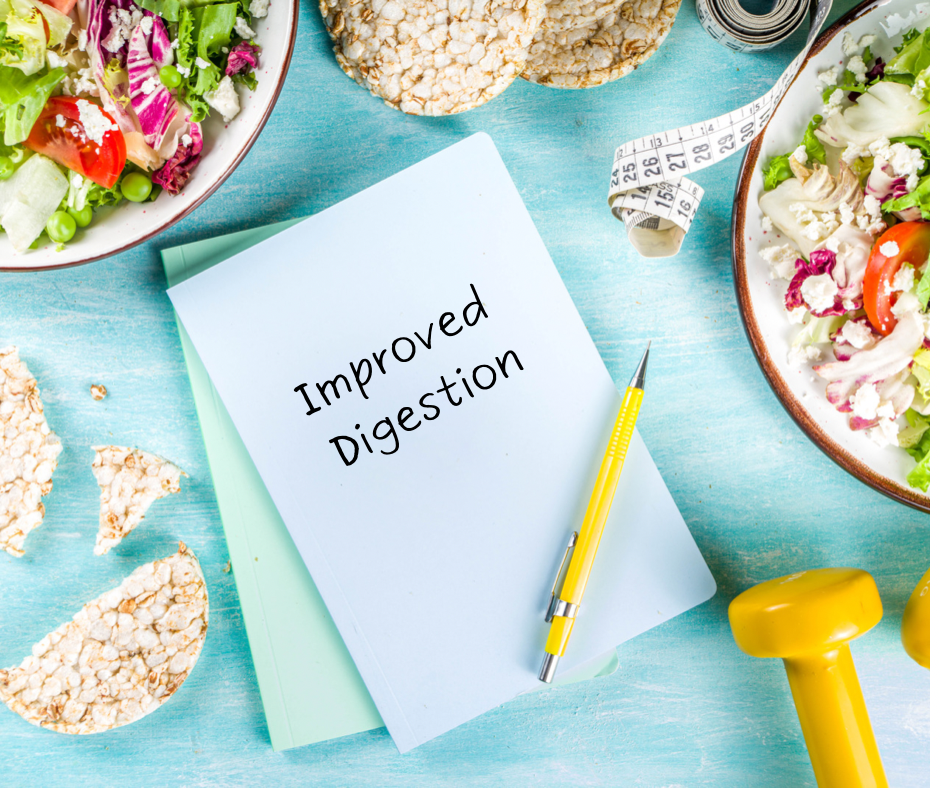
When the body isn’t being fed properly and the digestive system isn’t functioning properly, the body begins to adapt. It begins to make changes in the cells of the stomach and colon. When we don’t consume enough fiber, we incur a variety of problems including constipation and hemorrhoids. These problems are not normally seen in a vegetarian diet.
Weight
Weight is a huge problem in this country and if you think about it, have you ever really seen a fat vegetarian? Most likely you have not. In fact, most vegetarians are lean and healthy. Whenever you see a dietician or nutritionist, they most likely tell you to increase your vegetable intake and decrease the amount of meat you consume, especially red meats and pork. Many vegetarians who resume their old diets have found that the weight they lost tends to come back. Your will power is not enough to prevent the onset of weight from eating a high-fat meat based diet.

You are naturally healthier and feel better when you eat a diet that is high in dietary fiber, which is consumed from vegetables and fruits. As a vegetarian you are essentially feeding your body the nutrition that it needs to provide your body with useful energy, not energy that has to be stored. You just feel better because of this.
Many diets fail because we are forcing ourselves to avoid food that we like. This only leads to temptation to eat those foods. The trick to being a successful vegetarian is to realize that you don’t need to eat meat and that you can go without it. You are focused on eating healthier and you forget that you are trying to lose weight. You actually begin to lose weight without realizing it, simply because you have eliminated your main source of fat and overall unhealthiness. At the same time, all of the bad health effects disappear because of your healthy and natural diet.
Kidneys
Diets that are high in animal proteins tend to cause the body to excrete more calcium, uric acid and oxalates. These are three substances that are the main components of kidney stones. For those people who have a tendency for kidney stones, British researchers have advised that these people follow a vegetarian diet. The American Academy of Family Physicians has also confirmed that high animal protein consumption is the cause of kidney stones in the US as well. By eating a vegetarian diet your body does not secrete as much of these substances, therefore it does not form kidney stones.
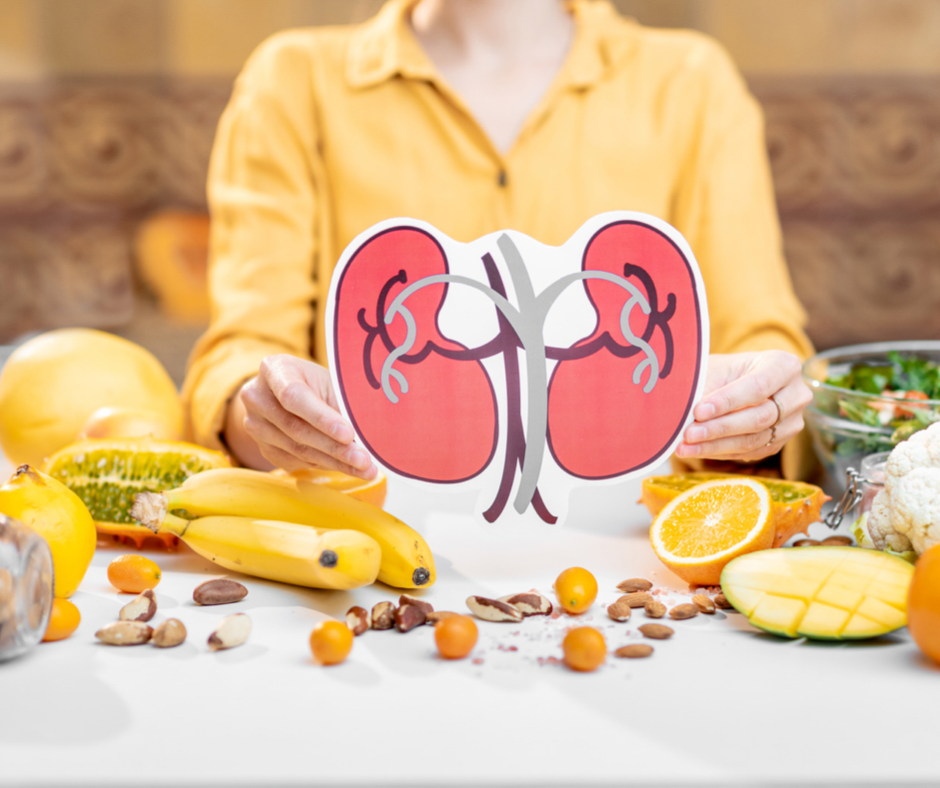
Osteoporosis
For many of the same reasons we are able to reduce the risk of kidney stones by following a vegetarian diet, we are also able to reduce our chances for osteoporosis. Eating meat may actually promote bone loss because it forces calcium out of the body. In many nations where veggies are the basis of their diet, osteoporosis is less common than in developed countries such as the US. And, calcium is consumed less in the US.
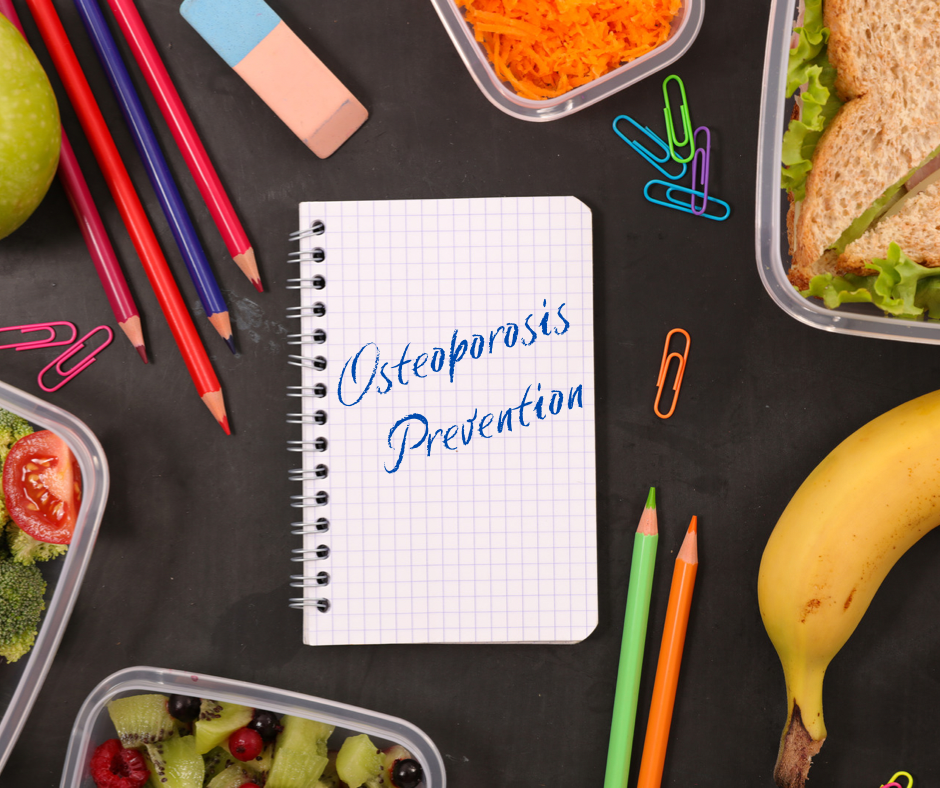
So, with our meat-eating diets we are forced to also consume calcium supplements and prescription drugs to prevent the onset of osteoporosis. These supplements can also have drastic side effects. Many nutrition experts agree that the calcium supplements purchased at drug stores are inferior to the calcium that you receive from natural food sources. This is typically because they are not absorbed well by the body. There are several good sources of calcium including:
- Orange juice
- Dry beans
- Dark leafy vegetables
- Tofu
Many people have gotten on a kick of doing weekend Detox diets and similar programs. Did you know that you don’t have to do this if you are a vegetarian? Cleansing the body of harmful toxins is easy if you eat a vegetarian diet. You are not consuming all of the growth hormones and antibiotics that you get from the meat that you purchase at the grocery store. People really don’t realize that they get these toxins from their carnivorous diet. A diet that is high in fat and processed tends to slow down the digestion of your food and this allows your body to soak up and accumulate the toxins from this type of diet.
Bacteria and toxins that accumulate in your system can also create a feeling of sluggishness. There are also a variety of digestive disorders, such as colitis and irritable bowel disorders that may develop as well. When you eat a healthy vegetarian diet, you introduce dietary fiber to your diet and your digestive system begins to suddenly work better.
When you eliminate meat from your diet, your body is freed from the intense work it takes to digest those types of food. Everything seems to become clearer and work better. You also become more aware of the toxicity of the food you had been eating before. Chemicals and toxins in our food have become a large concern in the US. There are more and more chemicals and preservatives being added to our food. We are ingesting these products every time we eat processed foods, refined foods, and various other hormones and antibiotics that we receive through our meat. Because of this, a variety of other issues are developed in its wake including:
- Cancer
- Cardiovascular disease
- Arthritis
- Diabetes
- Obesity
- Skin problems
- Headaches
- Fatigue
- Coughs
- Gastrointestinal problems
- Weak immune systems
- Pains
Making the Switch
If you are considering making the switch to a vegetarian diet, you probably will want to pass your newfound nutritional knowledge onto your family. In fact, as a parent you probably want to ensure that your family is receiving the best nutrition possible. It also helps them to learn about why it is important to eat healthy. Making the switch with a family can be difficult because children are even more tempted from the various fast food restaurants and commercials for snacks on television. It’s very hard to make veggies look good over chicken nuggets and a free toy!

You have to slowly change you and your family’s diet. Everything starts at the grocery store. Instead of cookies, buy apples, bananas, carrots and other tasty snacks. Exchange white rice for healthy, brown rice. You also want to avoid processed side dishes. Slowly make your meat portions smaller and increase more veggies and grains. If you have small children, it is much easier to make this switch. You can teach them from an early age that olives are good snacks and that peaches are good desserts. They will learn to love these foods and they won’t even know about all the other junk food out there. The real challenge will come when your children are in school and they have to learn to make healthy choices.
The idea is to gradually change so that it is easier on you and your family. Many children will change simply because you tell them that they are saving the lives of animals. Children are very sympathetic and it’s not unusual for children to become vegetarians on their own accord simply because they don’t want to eat animals.
Your children may not realize it now, but you are doing them a huge favor that will last them their entire lives. Childhood obesity is at epidemic levels in the US and you will be setting your children up for a healthy lifestyle by teaching them how to eat healthy now!
